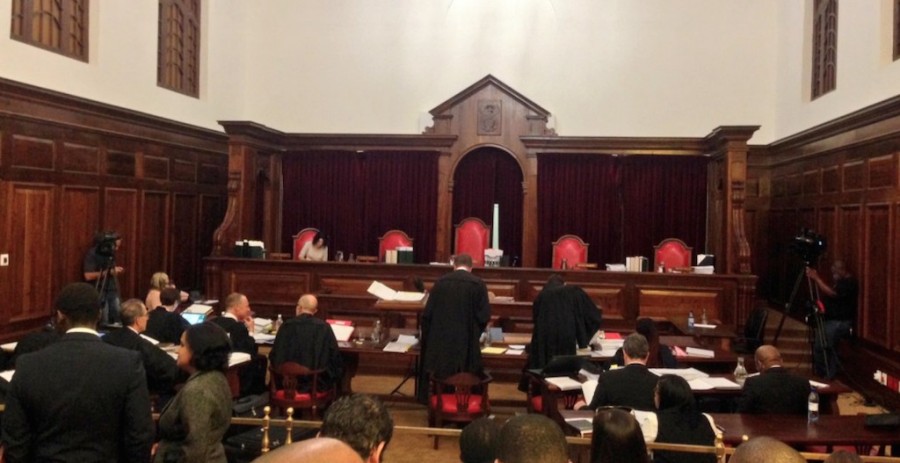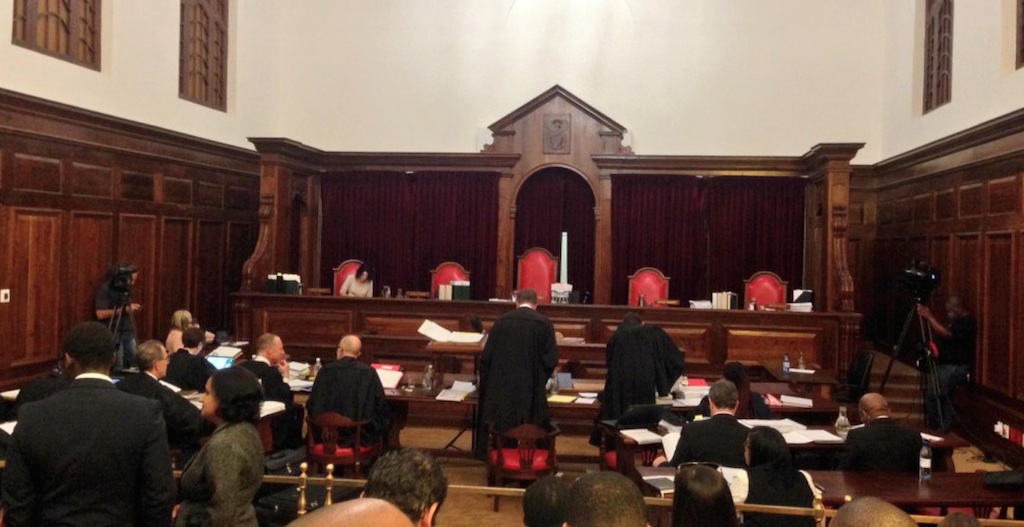
Zuma Lawyer Back in Court, This Time Over Al-Bashir Case
BLOEMFONTEIN – Only three days after President Jacob Zuma’s case over Nkandla and whether he should #PayBackTheMoney came before the Constitutional Court, his lawyer is back arguing, in Bloemfontein this time, over the government’s decision not to arrest Sudanese President Omar al-Bashir when he was visiting the country in 2015. The adversaries in court, even though they […]

BLOEMFONTEIN – Only three days after President Jacob Zuma’s case over Nkandla and whether he should #PayBackTheMoney came before the Constitutional Court, his lawyer is back arguing, in Bloemfontein this time, over the government’s decision not to arrest Sudanese President Omar al-Bashir when he was visiting the country in 2015.

The adversaries in court, even though they were for totally different cases, had the same lawyers. Wim Trengrove, who argued against Zuma on behalf of the Economic Freedom Fighters in the ConCourt case, again argued against the government. Jeremy Gauntlett, meanwhile, who represented Zuma in ConCourt was the lawyer for the minister of justice in Bloemfontein.
In June Bashir – who is wanted by the International Criminal Court on charges of genocide, war crimes and crimes against humanity – left South Africa while attending an African Union summit. The South African government let him leave, in defiance of a Pretoria High Court order at the time that he should be detained, pending a court decision on whether he should be arrested.
The government wants the Supreme Court of Appeal to overturn a ruling by the Pretoria court that the government’s failure to arrest Bashir was inconsistent with its constitutional duties.
According to news reports on Friday, the South African Litigation Centre told the court that Bashir was not immune from arrest and South Africa was meant to be committed to bringing suspects of war crimes to justice.
Gauntlett, meanwhile, reportedly said that Bashir enjoyed immunity from arrest and the government was not obliged to arrest him. Bashir was in the country in his capacity as a member of the AU, he was quoted as saying, and heads of state may only be arrested once their terms of office ended, or when they waive immunity.